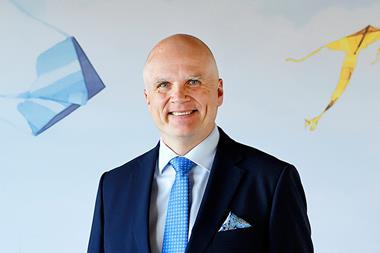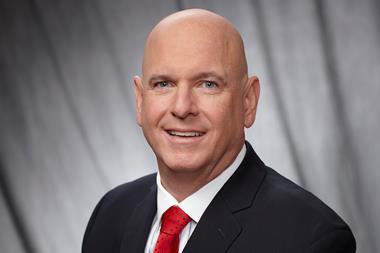The German financial supervisory authority BaFin and the central bank Bundesbank have outlined stringent guidelines for banks’ investments in Spezialfonds, expecting lenders to hold a maximum 5% of investments in the vehicles on their balance sheets.
Credit institutions are expected to monitor individual positions in Spezialfonds exceeding certain thresholds.
They will have to ensure that limits already set for direct investments, including investments in exchange-traded bonds, equity, and in promissory notes or similar are not also exceeded where considering positions in Spezialfonds, they added.
Lenders should add up positions from their direct business and fund business when considering individual issuers, and the resulting aggregated exposure must be taken into account against the limit set for an issuer.
Based on the principle of proportionality, these requirements only apply if the individual positions in Spezialfonds, a type of vehicle open only to professional and semi-professional investors including Pensionskassen, not only exceed the threshold, but also the institution’s risk limit for the lending business, the regulators noted.
Spezialfonds investing in real estate or infrastructure, and investments by credit institutions in mutual funds, do not fall under the requirements.
Banks’ risk management departments must monitor at least quarterly whether requirements relating to individual positions of Spezialfonds are met, conducting a risk analysis for individual issuers, if it holds them as direct investments, possibly exceeding the threshold, and acting if limits are exceeded, they said.
Credit institutions holding their own investments exclusively through Spezialfonds must establish the system to check that the threshold is not exceeded. Until now, they were not required to put in place such a system.
BaFin and the Bundesbank have laid the new guideline because Spezialfonds represent an important source of returns for many financial institutions, protecting them from risks, they said.
The Bundesbank added that smaller and medium-sized banks often invest in Spezialfonds, which have therefore increasingly become the focus of banking supervision. However, often only one investor allocates to Spezialifonds, at the same time closely involved in designing investment guidelines, it added.
BaFin and the Bundesbank made clear their position on stricter requirements for the institutions’ risk management in letters sent to the German Banking Industry Committee (GBIC), representing five associations in the banking sector, and to the Investment Funds Association (BVI), in January and June.
The two bodies showed interest in a “pragmatic solution”, suggesting as limit the 5% investment threshold, and excluding investments of Spezialfonds in real estate and infrastructure, and of banks in mutual funds, they said.
The latest digital edition of IPE’s magazine is now available






















